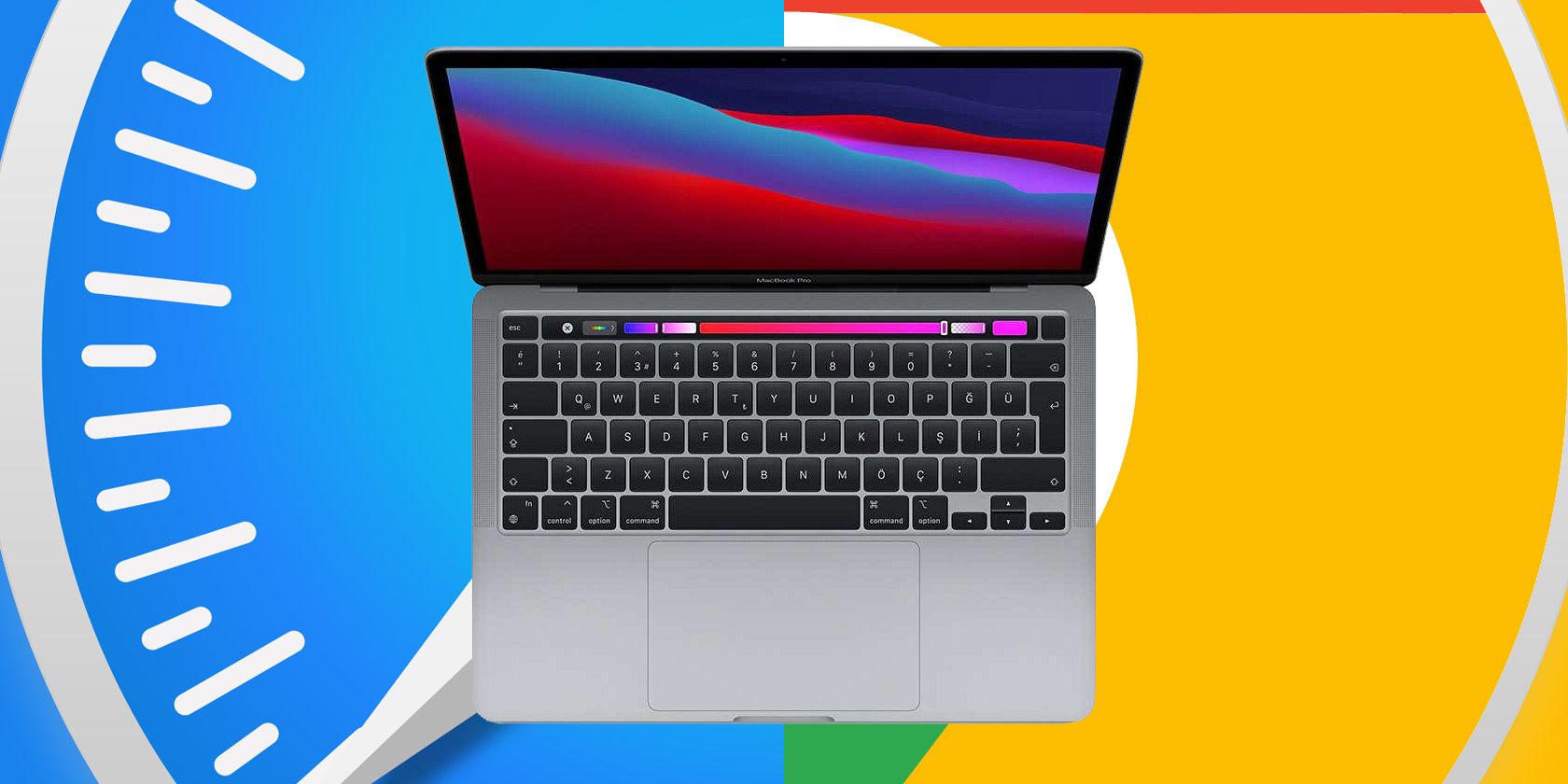

To incentivise the use of AMP, Google leveraged its search monopoly by creating “reserved” slots at the top of its mobile search rankings that were only available to AMP pages.
Malware in safari or chrome code#
To use AMP your pages had to load code from Google-owned domains, debugging your code required Google-owned tools, your pages were stored in a Google-owned cache, and they were displayed under a Google-owned domain, so that users weren’t really on your website anymore, they were looking at your web pages on Google, thank you very much. In a move that could have come straight out of Redmond circa 1996, the AMP rulebook was written by Google and varied wildly from the open standards everyone had been working towards for the past fifteen years or so.ĪMP was superficially open, but there was no AMP without Google. However, as Chrome’s popularity increased, Google was able to exert more and more influence on the web in service of its ad-based business model, to the detriment of users’ privacy.įor example, in 2016 Google introduced AMP, a set of web standards that were designed to make websites faster on mobile devices.

This meant that web applications mostly worked the same way, no matter what browser you used. Everyone benefitted.Īnd because none of the major browser vendors had enough market share to “ embrace, extend and extinguish“, as Microsoft had attempted when Internet Explorer was dominant, everyone was forced to follow the same open standards. It was an excellent product with a ravenous appetite for market share, and its noisy focus on speed and security forced its rivals to take notice and compete on the same terms. Google Chrome first appeared in 2008 and rapidly established itself as a browser that couldn’t be ignored, thanks to some catchy marketing on Google’s massive advertising platform. But it might also be the last, best hope for browser privacy we have. It’s imperfect, for sure, and its glacial pace of development might even be holding us all up, as Scott Gilbertson thoughtfully illustrated in a recent article on The Register.

This time Google has its hands on the wheel, and it’s our privacy in the back seat, being taken for a ride.Ĭhrome needs a counterweight and, thankfully, it still has one in Apple’s Safari browser. Last time it was Microsoft in the driver’s seat, and open standards and security were left tumbling about in the rear without a seat belt. We’ve been there before and history suggests it’s bad news. And even if you prefer a different browser, there’s a good chance that you’re using something that’s based on Google Chrome, such as Edge, Vivaldi, Chromium, Brave, or Opera.Īfter a decade and and a half of relatively healthy competition between vendors, the World Wide Web is trending towards a browser monoculture. There’s a good chance-roughly one in seven-that it’s Google Chrome.


 0 kommentar(er)
0 kommentar(er)
